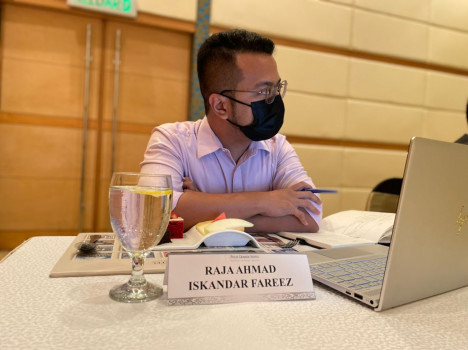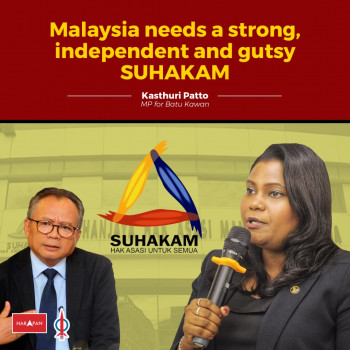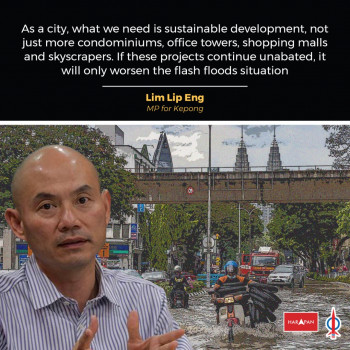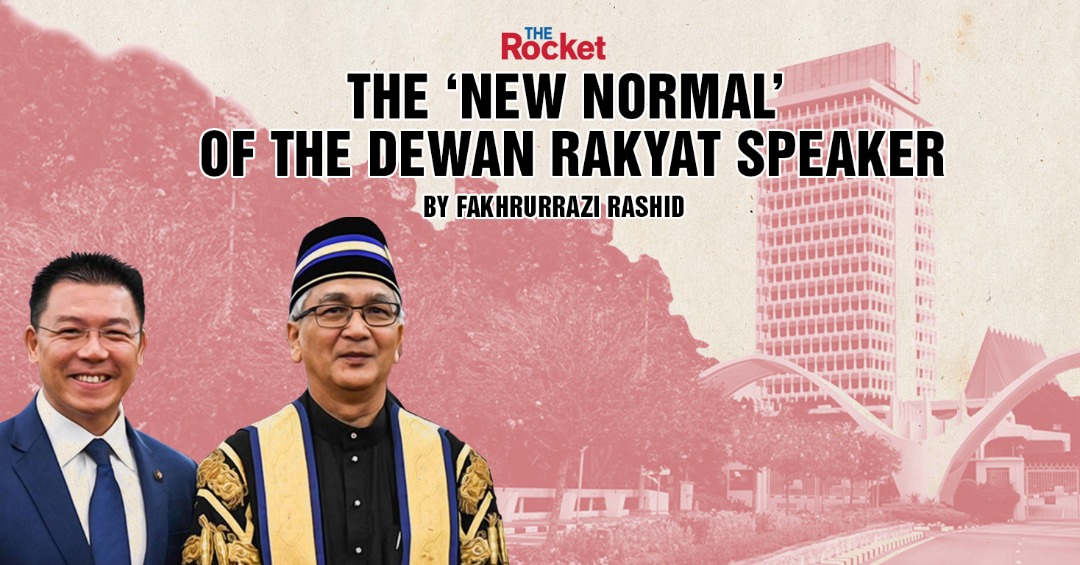
by Fakhrurrazi Rashid, Research Coordinator at Research for Social Advancement (Refsa)
On 27 June 2020, Mohammad Ariff, the Yang di-Pertua Dewan Rakyat (YDPR) confirmed that Prime Minister Muhyiddin Yassin has sent a motion to end his services as YDPR as well as his deputy, Nga Kor Ming. News of this proposal has created a lot of reactions and polemic, especially when the current political climate in Malaysia is still unstable.
Mohammad Ariff is the 9th YDPR throughout the 6 decades of Malaysian Parliament. His selection as the YDPR in July 2018 was never contested by the then opposition parties. In fact, they never sent their a motion for a YDPR candidate from their end.
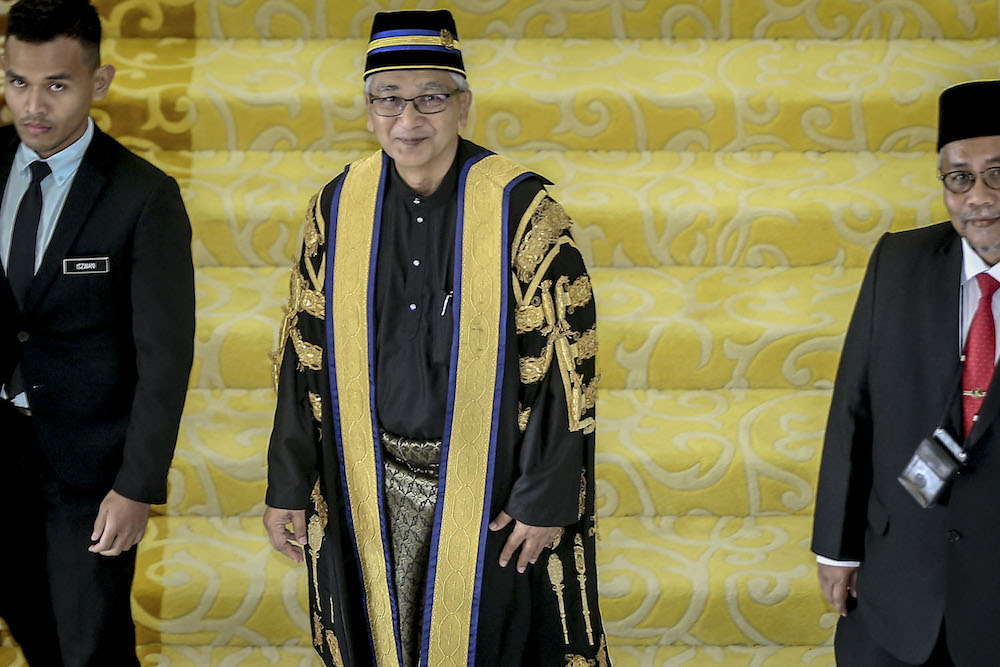
Even though Mohammad Ariff has shown his commitment for parliamentary reform, his position is under question after the Perikatan Nasional (PN) government brought forth the motion to end his services as YPDR during the next parliamentary sitting without any clarification or valid reason.
In this context, several accusations have surfaced alleging that this is an effort by the Executive body to dominate the Legislative due to the instability of the Federal Government. This can be seen as a survival move for the cabinet in Parliament.
However, this matter shouldn’t only be seen through a political perspective, but it must also be seen through the relevant provisions of the Federal Constitution as well as Parliamentary Conventions exercised by other democratic countries.
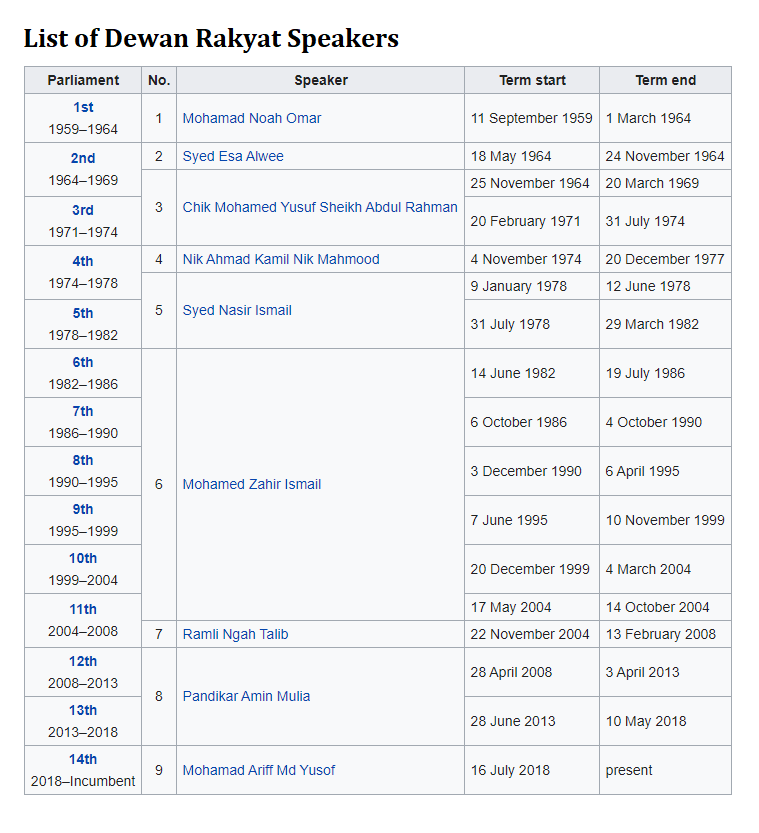
Article 57(2)(c) of the Federal Constitution prescribes that the power to determine the vacancy of YPDR rests upon the support and voting of Members of Parliament. It must be understood that the election of YPDR and its deputies have to go through Parliamentary voting, in line with the Federal Constitution and the Standing Order 6 of the Dewan Rakyat.
Considering the domination of the Executive body for the past 60 years under Barisan Nasional, it has become the norm for the YPDR to come from the side that is pro-government. As such has created doubts on the validity and independence of the YPDR to act neutrally in making a decision throughout this period.
This practice is no longer relevant considering the functions of Malaysian Parliament post 9 May 2018 has entered a new positive evolution in the efforts to make the Parliamentary institution an effective check and balance body. Furthermore, if a YPDR is not from a ruling party, it is not against any laws or Federal Constitution for that matter.
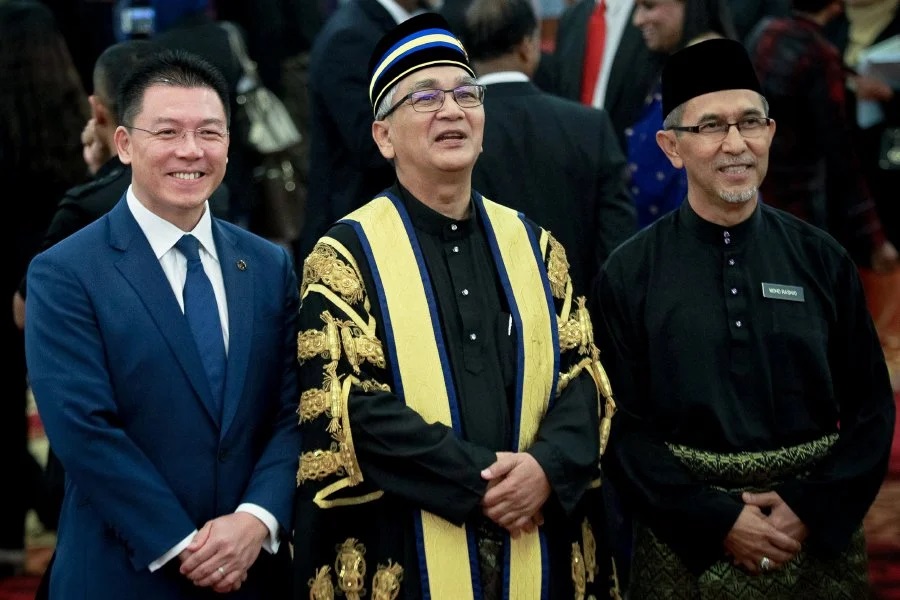
What happened in the UK Parliament before?
On 17 April 2019, John Bercow, the Speaker for the United Kingdom (UK) House of Commons received a motion from the Conservative MP backbenchers to oust him. This comes after he released a statement against the ruling party’s stance on Brexit whereby he did not agree for UK to exit the European Union (EU).
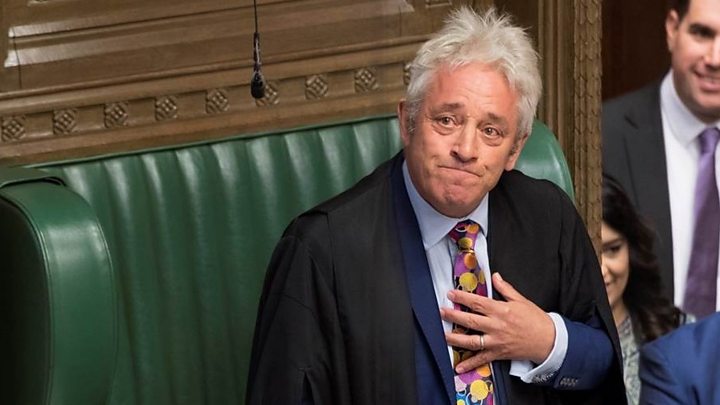
In November, John Berow decided to resign due to the pressure put on him by the Conservative Government. During his 10 years as the speaker, Bercow has managed to transform the Parliament’s function in a modern political era and has given room for backbencher MPs to debate on issues in the House of Commons. Sadly, a vocal speaker such as Bercow will always be seen as a threat for an unstable government that seeks to dominate Parliament.
On 4 November 2019, the House of Commons elected Sir Lindsay Hoyle as their new Parliamentary speaker. Sir Lindsay Hoyle has been the deputy speaker for John Bercow for 10 years and won the Parliamentary voting with 325 votes in its fourth stage, beating 6 other candidates.

Even though the ruling party in UK Parliament today is the Conservative party, they elected Sir Lindsay who is an MP for the Labour Party to become the speaker of the House of Common. All three of his deputies are also MPs from differing parties, which are Dame Eleanor Laing (Conservative), Dame Rosie Winterton (Labour) and Nigel Evans (Conservative). All of the them were elected by MPs in the House of Commons.
The concept of the speaker and deputy speakers in the House of Commons is rather interesting. It isn’t a given for the speaker to be from amongst the ruling party because the main principle behind a speaker is for the person to be a ‘gatekeeper’ to the Parliament and national democracy for the benefit of the people.
YDPR can be someone not from the ruling party
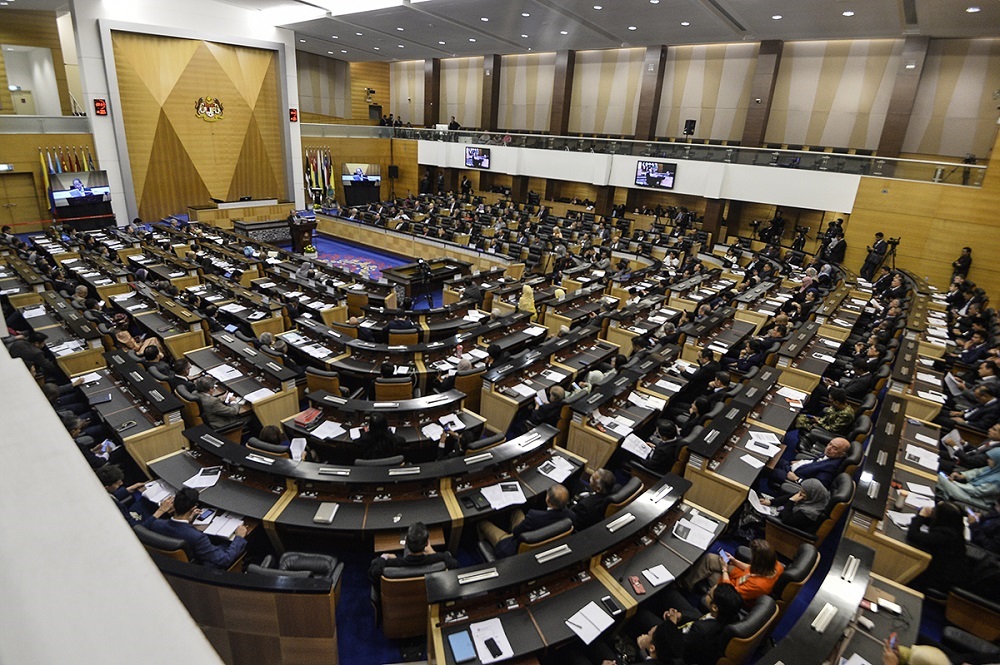
At the moment, the best option for Malaysian Parliament is to remain Mohamad Ariff as YPDR and his deputies. It is unreasonable for the PN government to change YPDR considering Mohamad Ariff has shown independence, firmness and maturity in conducting his responsibilities in line with Parliament’s interest.
As such should be the ‘new normal’ of Malaysian Parliament whereby the Executive body respects YPDR and his deputies that may hol a different opinion and from a different political party. The most important matter to be considered is whether a YPDR and the Executive body can implement Parliamentary matters democratically and openly, without any pressure arising from political interests.
I foresee the motion to change YPDR to be the first agenda being debated on the first day of Parliamentary sitting on 13 July 2020, or possibly after the debate of the Royal Decree on Monday, 10 August 2020, the fifth week of Dewan Rakyat’s session.
Nevertheless, the motion to change YPDR by the PN government is seen as out of place with the current priorities of the country which needs a Parliament to discuss on the challenges brought forth by the Covid-19 pandemic. This will also put at risk the government’s objective in Parliament which is supposed to be focused on economic issues arising from the Covid-19 ‘new normal’.
I am hoping for all the Dewan Rakyat MPs to act with the achievements of Mohamad Ariff as a credible YPDR in mind, particularly in his efforts to bring Parliament to a more mature democracy that transcends political differences. It is unreasonable to end the tenure of a YPDR that is committed to bring change.
If Mohamad Ariff is voted to remain as speaker by the MPs, then Malaysian Parliament will create a historical moment in exercising a more mature Parliamentary democracy. However, if the opposite happens, then it would become an ineffective precedent for our Parliamentary Democracy system in the years to come.

